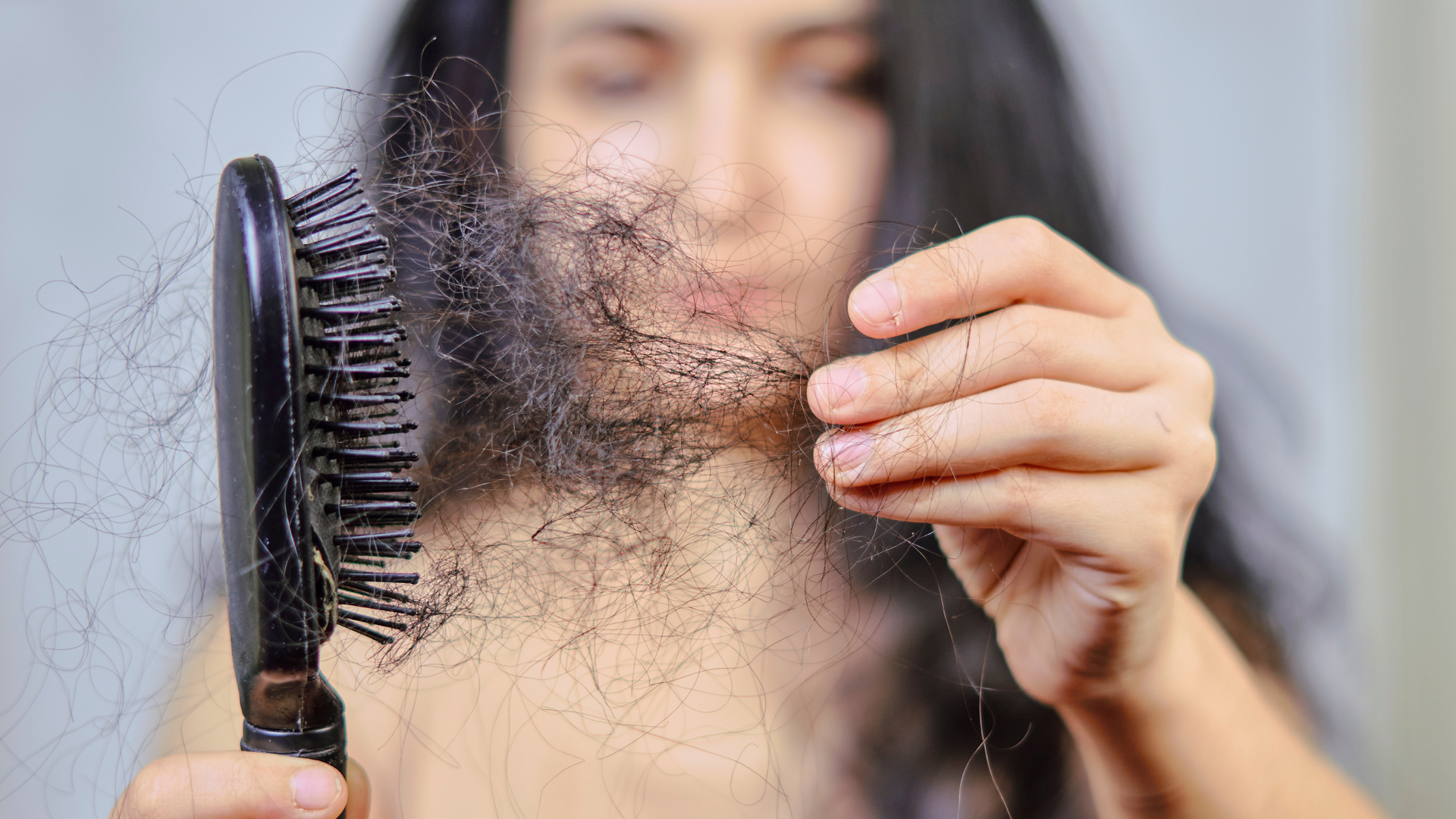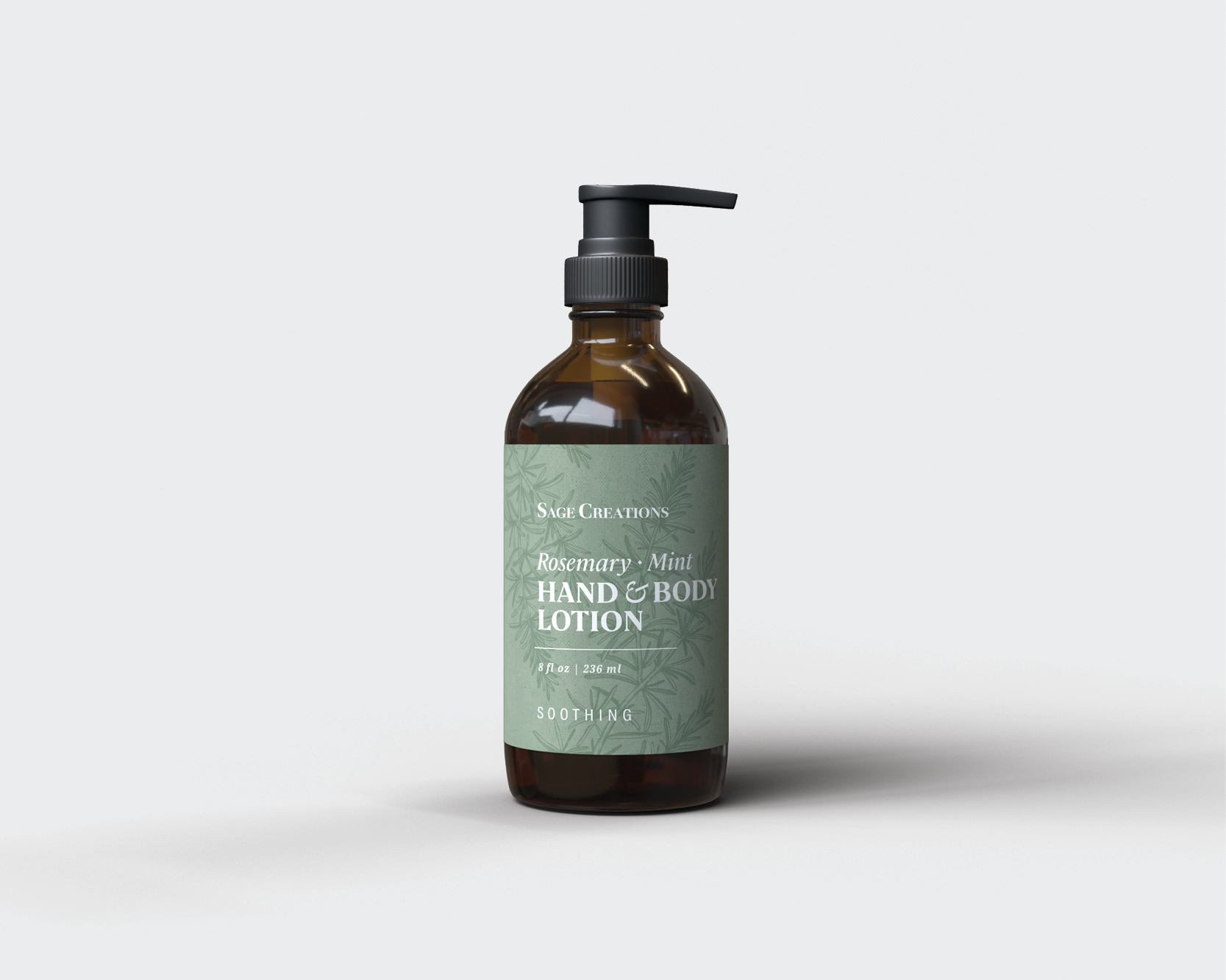The Incredible Benefits of Rosemary Oil for Hair and Skin
Introduction
In the realm of natural remedies, rosemary oil stands out as a potent elixir, offering a multitude of benefits for hair and skin. This aromatic herb, native to the Mediterranean region, has been revered for centuries for its medicinal properties. Whether you’re struggling with hair loss, dandruff, acne, or dull skin, rosemary oil might just be the natural solution you’ve been searching for. In this comprehensive guide, we’ll explore the various benefits of rosemary oil for hair and skin, how to use it, and why it deserves a place in your beauty routine.[Rosemary Oil Benefits for Hair and Skin]
1. What is Rosemary Oil?
Rosemary (Rosmarinus officinalis) is a woody, perennial herb with fragrant, evergreen, needle-like leaves and white, pink, purple, or blue flowers. The essential oil extracted from this herb is known for its distinct, refreshing scent and a plethora of therapeutic properties.
Rosemary oil is obtained through the steam distillation of the flowering tops of the plant. The resulting oil is packed with bioactive compounds such as 1,8-cineole, camphor, and alpha-pinene, which contribute to its antimicrobial, anti-inflammatory, and antioxidant properties. These compounds are what make rosemary oil so beneficial for both hair and skin health.
2. Rosemary Oil for Hair
Rosemary oil is a powerful tool for hair maintenance. Let’s examine the particular advantages it provides:
2.1. Promotes Hair Growth

Hair growth stimulation is one of the most well-known advantages of rosemary oil. Several studies have shown that rosemary oil can be just as effective as minoxidil, a common hair growth treatment, in promoting hair growth.
- How It Works: Rosemary oil improves circulation to the scalp, ensuring that hair follicles receive the necessary nutrients and oxygen to grow. The increased blood flow also helps in the regeneration of hair follicles, making it an excellent remedy for those suffering from hair thinning or bald patches.
- How to Use: Massage your scalp with a few drops of rosemary oil mixed with a carrier oil, such as coconut or jojoba oil. Before washing it off, let it sit for at least thirty minutes. Do this procedure two or three times a week for optimal outcomes.
2.2. Prevents Hair Loss

Hair loss can be caused by various factors, including hormonal changes, stress, and nutritional deficiencies. Rosemary oil can help in reducing hair loss by strengthening the hair follicles and preventing premature graying.
- How It Works: The anti-inflammatory properties of rosemary oil help soothe the scalp, reducing irritation and flakiness, which can lead to hair loss. Additionally, its antioxidant content helps neutralize free radicals that can damage hair cells and lead to hair loss.
- How to Use: Add a few drops of rosemary oil to your shampoo or conditioner, or use it as a leave-in treatment by mixing it with a carrier oil.
2.3. Treats Dandruff and Scalp Irritation

Dandruff is often caused by a dry, flaky scalp or fungal infections. The antifungal and anti-inflammatory qualities of rosemary oil make it a useful remedy for dandruff and irritation of the scalp.
- How It Works: Rosemary oil helps in balancing the natural oils on the scalp, preventing dryness and flakiness. Its antifungal properties can also target the root cause of dandruff, eliminating the infection.
- How to Use: Create a scalp treatment by mixing rosemary oil with tea tree oil (another potent antifungal) and a carrier oil. Apply the mixture to your scalp, leave it on for 20-30 minutes, and then rinse thoroughly.
2.4. Improves Hair Texture and Shine

If you’re dealing with dull, lifeless hair, rosemary oil can help restore its natural shine and texture.
- How It Works: The antioxidants in rosemary oil help in repairing damaged hair cuticles, which are responsible for maintaining the hair’s moisture and shine. It also helps in retaining moisture in the hair strands, making them appear healthier and shinier.
- How to Use: After washing your hair, apply a few drops of rosemary oil mixed with a carrier oil to the ends of your hair to lock in moisture and add shine.
2.5. Prevents Premature Graying
The antifungal and anti-inflammatory qualities of rosemary oil make it a useful remedy for dandruff and irritation of the scalp.
Rosemary oil, with its antioxidant properties, can help in delaying the graying process.
- How It Works: Rosemary oil helps in preserving the pigment cells in hair follicles, which are responsible for giving hair its color. By neutralizing free radicals, rosemary oil can slow down the graying process.
- How to Use: Regularly massage your scalp with rosemary oil diluted in a carrier oil to maintain your hair’s natural color.
3. Rosemary Oil for Skin
Just as rosemary oil benefits the hair, it also offers a range of advantages for the skin. Let’s explore these in detail:
3.1. Fights Acne
Acne is a common skin concern that can be caused by excess oil production, clogged pores, and bacterial infections. Rosemary oil’s antimicrobial properties make it an effective treatment for acne-prone skin.
- How It Works: Rosemary oil helps in controlling the sebum production on the skin, reducing the chances of clogged pores. Its antibacterial properties target acne-causing bacteria, while its anti-inflammatory effects reduce redness and swelling associated with acne.
- How to Use: Dilute rosemary oil with a carrier oil or water and apply it directly to the affected areas using a cotton ball. Alternatively, you can add a few drops to your daily moisturizer.
3.2. Reduces Skin Inflammation

Skin inflammation can be caused by various factors, including allergies, infections, and environmental stressors. Rosemary oil’s anti-inflammatory properties can help in soothing irritated skin and reducing inflammation.
- How It Works: The active compounds in rosemary oil, such as rosmarinic acid, help in reducing the production of inflammatory chemicals in the skin. This makes it an excellent remedy for conditions like eczema, dermatitis, and psoriasis.
- How to Use: Mix rosemary oil with a carrier oil like coconut or olive oil and apply it to the inflamed areas. You can also add a few drops to your bath water for an all-over soothing effect.
3.3. Anti-Aging Benefits
Aging is a natural process, but environmental factors like UV radiation, pollution, and stress can accelerate it, leading to wrinkles, fine lines, and age spots. Rosemary oil’s antioxidant properties can help in combating the signs of aging.
- How It Works: The antioxidants in rosemary oil help in neutralizing free radicals, which are responsible for causing oxidative stress and damaging the skin’s collagen and elastin fibers. This helps in reducing the appearance of wrinkles and fine lines.
- How to Use: Add a few drops of rosemary oil to your daily moisturizer or facial oil and apply it to your skin. You can also use it as a night treatment by mixing it with a carrier oil.
3.4. Improves Skin Hydration and Elasticity

Keeping the skin hydrated is crucial for maintaining its elasticity and preventing the formation of wrinkles and sagging skin. Rosemary oil can help in improving skin hydration and elasticity, giving you a youthful appearance.
- How It Works: Rosemary oil helps in strengthening the skin’s barrier function, preventing moisture loss and maintaining hydration levels. It also promotes the production of collagen and elastin, which are essential for maintaining skin elasticity.
- How to Use: Mix rosemary oil with a hydrating carrier oil like jojoba or argan oil and apply it to your face and neck. For an extra boost of hydration, you can also add a few drops to your favorite moisturizer or serum.
3.5. Treats Hyperpigmentation and Dark Spots
Hyperpigmentation and dark spots can be caused by various factors, including sun exposure, hormonal changes, and acne scars. Rosemary oil’s skin-lightening properties can help in reducing the appearance of these blemishes.
- How It Works: Rosemary oil contains compounds that inhibit the production of melanin, the pigment responsible for dark spots and hyperpigmentation. Regular use of rosemary oil can help in evening out the skin tone and reducing the appearance of dark spots.
- How to Use: Apply rosemary oil diluted in a carrier oil directly to the affected areas. You can also add a few drops to your regular skincare products for a more even skin tone.
3.6. Soothes and Heals Sunburns
Sunburns can cause pain, redness, and peeling, and can also lead to long-term skin damage if not treated properly. Rosemary oil’s anti-inflammatory and healing properties make it an effective remedy for sunburns.
- How It Works: Rosemary oil helps in reducing the inflammation and pain associated with sunburns. Its antioxidant properties also help in repairing the skin and preventing further damage.
- How to Use: Mix rosemary oil with aloe vera gel or a cooling carrier oil like coconut oil and apply it to the sunburned areas. For best results, apply the mixture several times a day until the sunburn heals.
4. How to Use Rosemary Oil Safely
While rosemary oil offers a multitude of benefits, it’s important to use it safely to avoid any adverse reactions. Here are some tips for using rosemary oil:
4.1. Dilution
Rosemary oil is highly concentrated and should always be diluted with a carrier oil before applying it to the skin or scalp. Common carrier oils include coconut oil, jojoba oil, and olive oil. A general guideline is to use 1-2 drops of rosemary oil per teaspoon of carrier oil.
4.2. Patch Test
Before using rosemary oil on your skin or scalp, it’s important to do a patch test to check for any allergic reactions. Apply a small amount of diluted rosemary oil to
a patch of skin, such as the inside of your wrist, and wait for 24 hours. If you experience any redness, itching, or irritation, avoid using the oil.
4.3. Avoiding Eye Contact
Rosemary oil should not come into direct contact with your eyes, as it can cause irritation. If you accidentally get rosemary oil in your eyes, rinse them immediately with plenty of water.
4.4. Pregnancy and Medical Conditions
If you are pregnant, breastfeeding, or have any medical conditions, it’s best to consult with a healthcare professional before using rosemary oil. While it is generally safe for most people, it may not be suitable for everyone.
5. DIY Recipes with Rosemary Oil
To fully enjoy the benefits of rosemary oil, here are some easy DIY recipes you can try at home:
5.1. Rosemary Hair Growth Serum
Ingredients:
- 5 drops of rosemary oil
- 2 tablespoons of castor oil
- 1 tablespoon of coconut oil
Instructions:
- Mix all the ingredients in a small bottle.
- Apply the serum to your scalp and massage it in for a few minutes.
- Leave it on overnight or for at least 2 hours before washing it off with shampoo.
- Use this serum 2-3 times a week for best results.
5.2. Rosemary Anti-Acne Face Toner
Ingredients:
- 10 drops of rosemary oil
- 1 cup of distilled water
- 1 tablespoon of apple cider vinegar
Instructions:
- Mix all the ingredients in a spray bottle.
- After cleansing your face, spray the toner onto your skin or apply it with a cotton pad.
- Let it dry naturally before applying your moisturizer.
- Use this toner daily to help control acne and balance your skin’s pH levels.
5.3. Rosemary Oil Moisturizing Body Lotion

Ingredients:
- 10 drops of rosemary oil
- 1/2 cup of shea butter
- 1/4 cup of coconut oil
- 1/4 cup of almond oil
Instructions:
- Melt the shea butter and coconut oil in a double boiler.
- Once melted, remove from heat and stir in the almond oil and rosemary oil.
- Let the mixture cool until it starts to solidify, then whip it with a hand mixer until it becomes light and fluffy.
- Transfer the lotion to a jar and use it daily to keep your skin moisturized and supple.
Conclusion
Rosemary oil is a versatile and potent natural remedy that can work wonders for both hair and skin. Whether you’re dealing with hair loss, dandruff, acne, or signs of aging, incorporating rosemary oil into your beauty routine can provide significant improvements. Remember to use it safely by diluting it properly and doing a patch test before applying it to your skin or scalp. With regular use, you’ll soon experience the transformative benefits of this powerful essential oil.
References
- Reference Study on Rosemary Oil and Hair Growth
- Benefits of Rosemary Oil for Skin
- Rosemary Oil for Dandruff and Scalp Health
Share your experience!
Have you tried rosemary oil in your beauty routine? Share your experiences in the comments below and let us know how it worked for you. Don’t forget to subscribe to our blog for more natural beauty tips and DIY recipes!
